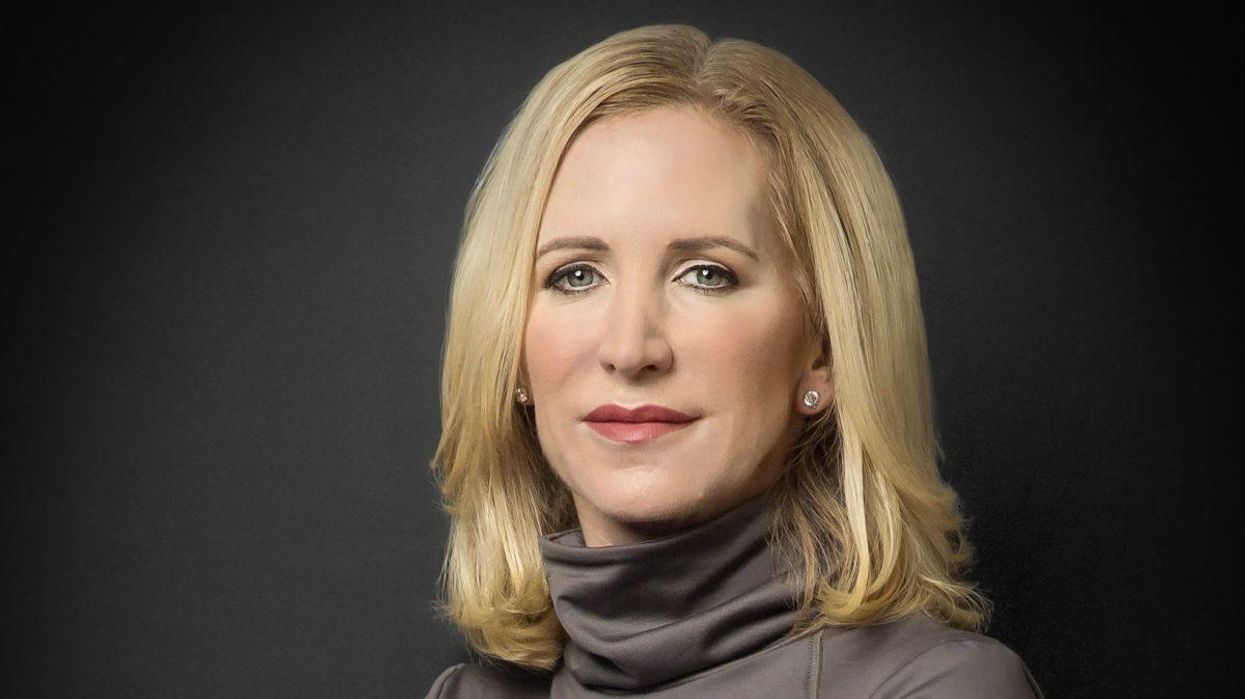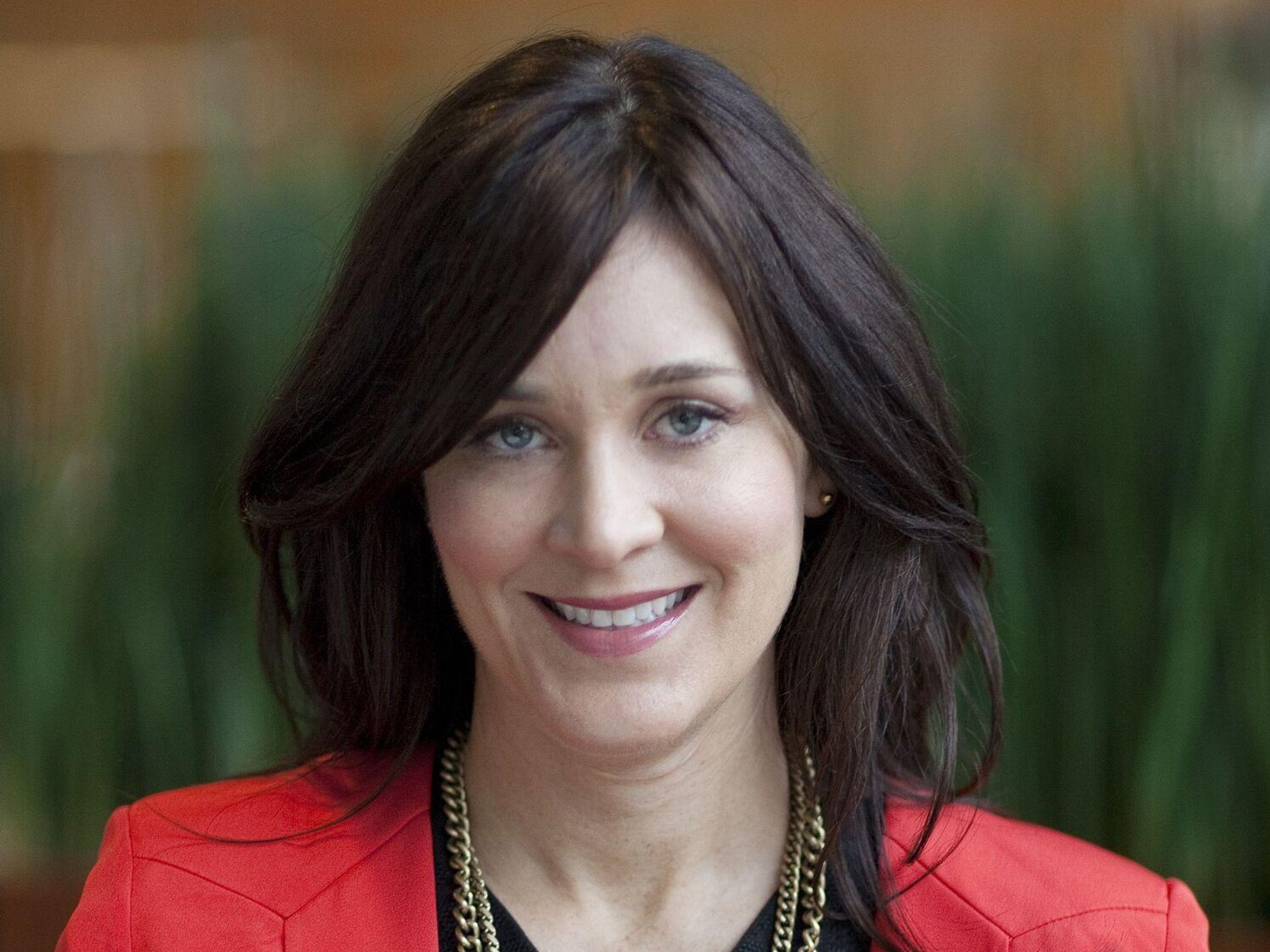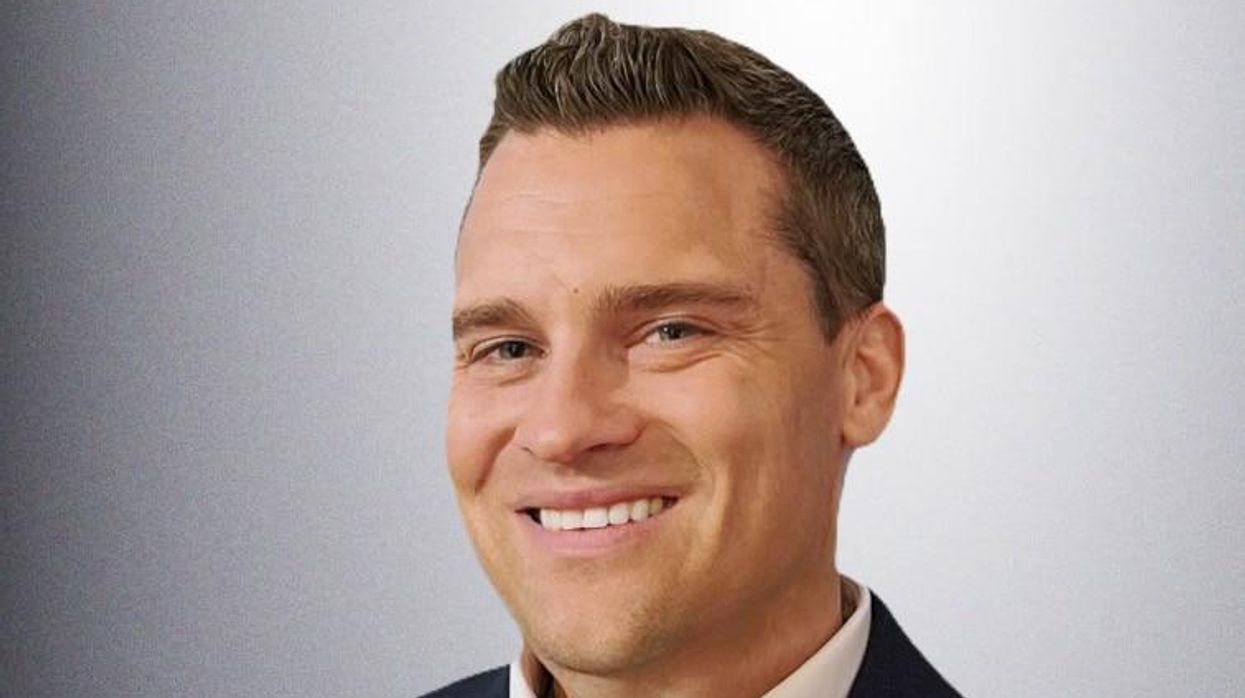Careers
04 January 2023
New leaders at Under Armour, Sun-Maid, Victoria's Secret CEO resigns
On the Move has details on key ecommerce and digital promotions at Nestlé and Colgate Palmolive.

Stephanie Linnartz is Under Armour's next CEO.
On the Move has details on key ecommerce and digital promotions at Nestlé and Colgate Palmolive.

Stephanie Linnartz is Under Armour's next CEO.
Welcome to On the Move. Every week, The Current is rounding up the comings and goings of leaders at brands and retailers across the ecommerce, retail and CPG landscape.
To kick off 2023, there are new top leaders at Under Armour, Back to Nature, Sun-Maid and Good Karma Foods. Meanwhile, the CEO of Victoria’s Secret is stepping down. Plus, CPG giants Nestlé and Colgate Palmolive made key promotions in the ecommerce and digital executive ranks.
Here are the latest moves:

Stephanie Linnartz was named CEO of Under Armour, effective February 27. She joins the performance apparel brand from Marriott International, where she led digital transformation, sports partnerships and the growth of the Bonvoy loyalty program over a 25-year career. Under Armour conducted a search following the departure of previous CEO Patrik Frisk in June.
“[Linnartz] is a proven growth leader with a distinguished track record of brand strategy, omnichannel execution, talent acquisition and development, and passion for driving best-in-class consumer connectivity, experience, and brand loyalty,” said Under Armour founder Kevin Plank, in a statement.
Amy Hauk is stepping down as CEO of the Victoria’s Secret brand. According to an SEC filing, Hauk notified the lingerie company last week that she will be resigning on March 31. Martin Waters, who is the CEO of Victoria’s Secret & Co., will assume the brand CEO responsibilities at that time. Hauk stepped into the CEO role in July, and was also previously the CEO of VS&Co.’s Pink brand. The news came on the same day as Victoria’s Secret completed the $400 million acquisition of DTC brand Adore Me, which was initially announced in November.

Jennifer Jorgensen. (Photo via Linkedin)
Jennifer Jorgensen was named CEO of Back to Nature. She joins the health food store staple from General Mills, where she most recently served as VP and general manager of cereal. This hire follows the acquisition of Back to Nature by Barilla from B&G Foods.
“Jennifer is a champion for diversity and inclusion which will be critical in building our future team. Her leadership in this acquisition is part of our long-term ambition to build a strong multi-brand bakery platform in the United States, where we are already market leader in the crispbread category with Wasa,” Barilla wrote in a LinkedIn post announcing the move.
Steve LoftusjoinedSun-Maid of California as president and chief operating officer. The newly-created role will oversee all functional areas of the business. Previously, Loftus held leadership roles at TreeHouse Foods and Kraft Heinz. He succeeds Braden Bender, who was serving in an interim president role since September and is now returning to the CFO role.

Mike Murray will take the reins as CEO of Good Karma Foods. He brings 25 years of CPG experience to the plant-based milk and dairy alternative brand. Most recently, Murray was CEO of Teton Waters Ranch. Before that, he held executive roles at free2b Foods, So Delicious Dairy Free, WhiteWave Foods Company and LARABAR. Along with the hire, Good Karma said it is poised to close on a new round of financing in the near future. It will be led by Valor Siren, Loft Growth Partners and existing investors.
Veeral Shah was named chief ecommerce and digital officer at Nestlé USA. Previously VP of commercial strategy and development, Shah also brings experience from Campbell Soup Company, Johnson & Johnson, Kellogg’s, and Accenture. Here’s how he detailed the role in a LinkedIn post:
I have always aspired to have a voice on a C-suite level executive leadership team and to achieve this at the world's largest CPG company is truly humbling.
Since joining Nestlé 4 years ago, I have been blown away by the culture, leadership, and people I get to work with everyday. With this newly created position, Nestlé once again confirms its commitment to stay ahead of the curve in the eCommerce & digital space.
David Foster was promoted to chief information officer at Colgate Palmolive, according to a LinkedIn post. He succeeds Mike Crowe, who retired at the end of 2022, Consumer Goods Technology reported. A 25+ year veteran of the company, Foster will lead IT, strategy and digital transformation at the consumer goods company.
Rebecca Scheidler was promoted to SVP and general manager of consumer foods at the J.M. Smucker Co. She will oversee the $1.7 billion snacks and spreads business, which includes Jif and Smucker's. Scheidler will succeed Tina Floyd, who is stepping down on Jan. 13 to become CEO of Hudsonville Ice Cream. Before joining Smucker in 2019, Scheidler held leadership roles at Bristol Myers Squibb and Kao Corporation.
Zahir Ibrahimjoined digitally native dog product company BARK as chief financial officer. Ibrahim brings financial leadership experience from Do Good Foods, Kind, Annie’s and Molson Coors. At Kind and Annie’s, he was involved in mergers and acquisitions. “I am incredibly excited to join BARK as it continues to expand into compelling new areas like food and consumables while remaining true to its mission of making all dogs happy,” he said.

Hermann, Thota and Mangini. (Courtesy photo)
Cotopaxi, the outdoors brand, named three new executives:
Campbell Soup Company CEO Mark Clouse offered thoughts on messaging amid inflationary shifts in consumer behavior.
After months of elevated inflation and interest rate hikes that have the potential to cool demand, consumers are showing more signs of shifting behavior.
It’s showing up in retail sales data, but there’s also evidence in the observations of the brands responsible for grocery store staples.
The latest example came this week from Campbell Soup Company. CEO Mark Clouse told analysts that the consumer continues to be “resilient” despite continued price increases on food, but found that “consumers are beginning to feel that pressure” as time goes on.
This shows up in the categories they are buying. Overall, Clouse said Campbell sees a shift toward shelf-stable items, and away from more expensive prepared foods.
There is also change in when they make purchases. People are buying more at the beginning of the month. That’s because they are stretching paychecks as long as possible.
These shifts change how the company is communicating with consumers.
Clouse said the changes in behavior are an opportunity to “focus on value within our messaging without necessarily having to chase pricing all the way down.”
“No question that it's important that we protect affordability and that we make that relevant in the categories that we're in," Clouse said. "But I also think there's a lot of ways to frame value in different ways, right?”
A meal cooked with condensed soup may be cheaper than picking up a frozen item or ordering out. Consumers just need a reminder. Even within Campbell’s own portfolio, the company can elevate brands that have more value now, even if they may not always get the limelight.
The open question is whether the shift in behavior will begin to show up in the results of the companies that have raised prices. Campbell’s overall net sales grew 5% for the quarter ended April 30, while gross profit margins held steady around 30%. But the category-level results were more uneven. U.S. soup sales declined 11%, though the company said that was owed to comparisons with the quarter when supply chains reopened a year ago and expressed confidence that the category is seeing a longer-term resurgence as more people cook at home following the pandemic. Snacks, which includes Goldfish and Pepperidge Farm, were up 12% And while net sales increased overall, the amount of products people are buying is declining. Volumes were down 7%.
These are trends happening across the grocery store. Campbell is continuing to compete. It is leading with iconic brands, and a host of different ways to consume them. It is following that up with innovation that makes the products stand out. Then, it is driving home messaging that shows consumers how to fit the products into their lives, and even their tightening spending plans.
Campbell Soup is more than 150 years old, and has seen plenty of difficult economic environments. It is also a different business today, and will continue to evolve. At the end of the day, continued execution is what’s required.
“If it's good food, people are going to buy it, especially if it's a great value,” Clouse said.